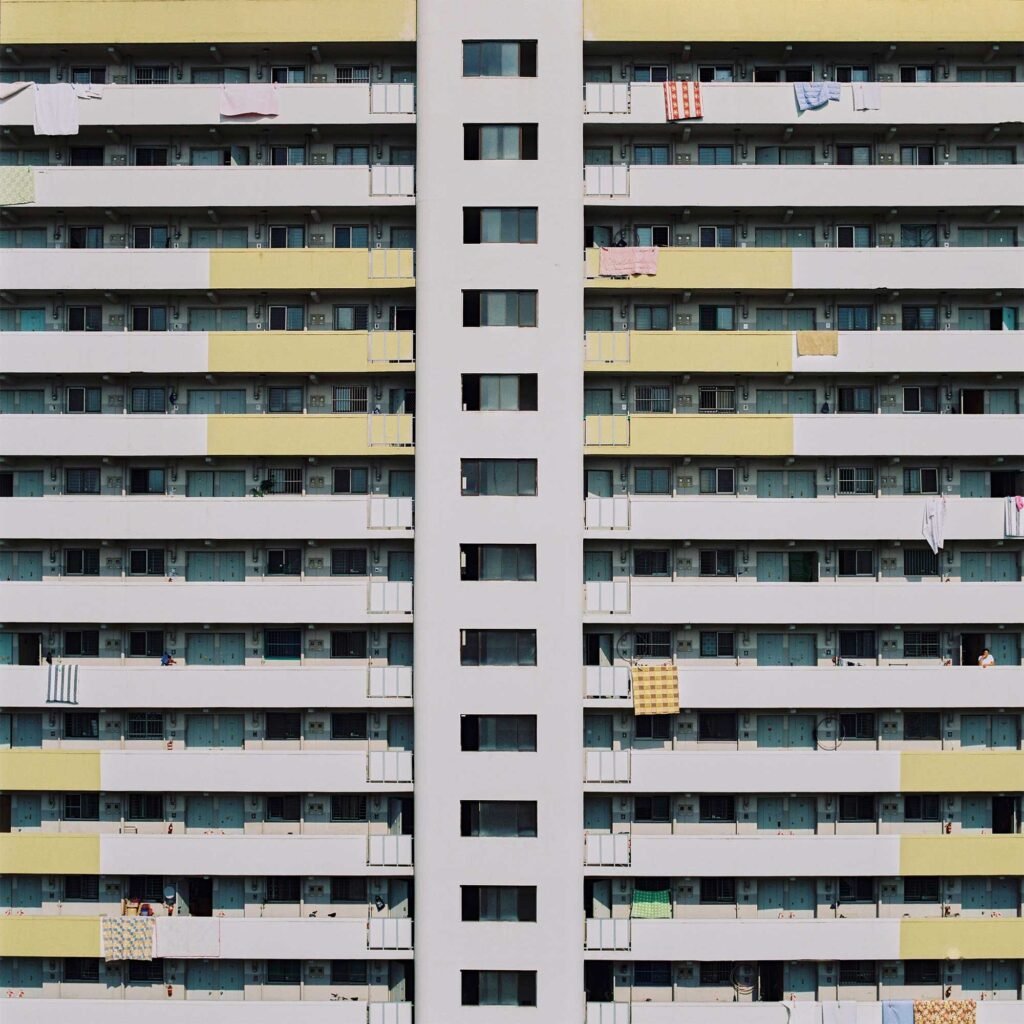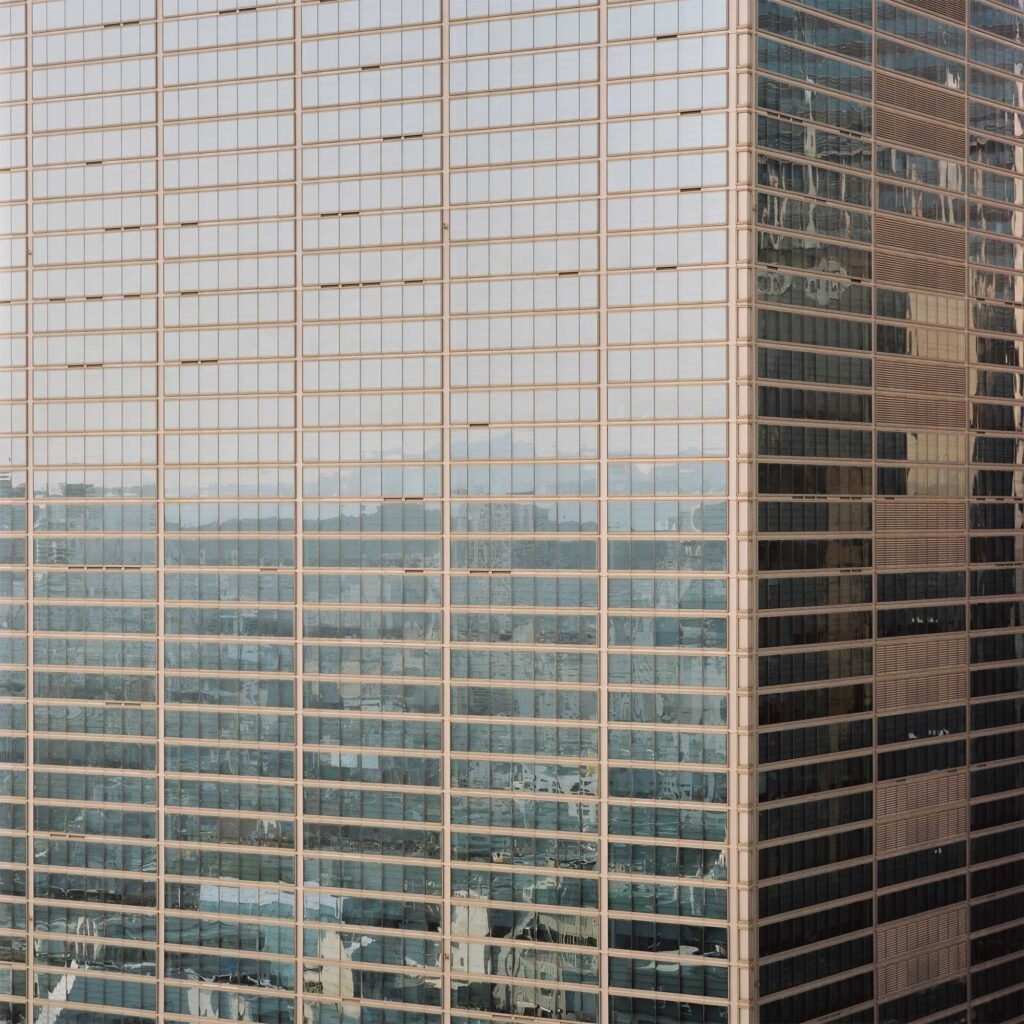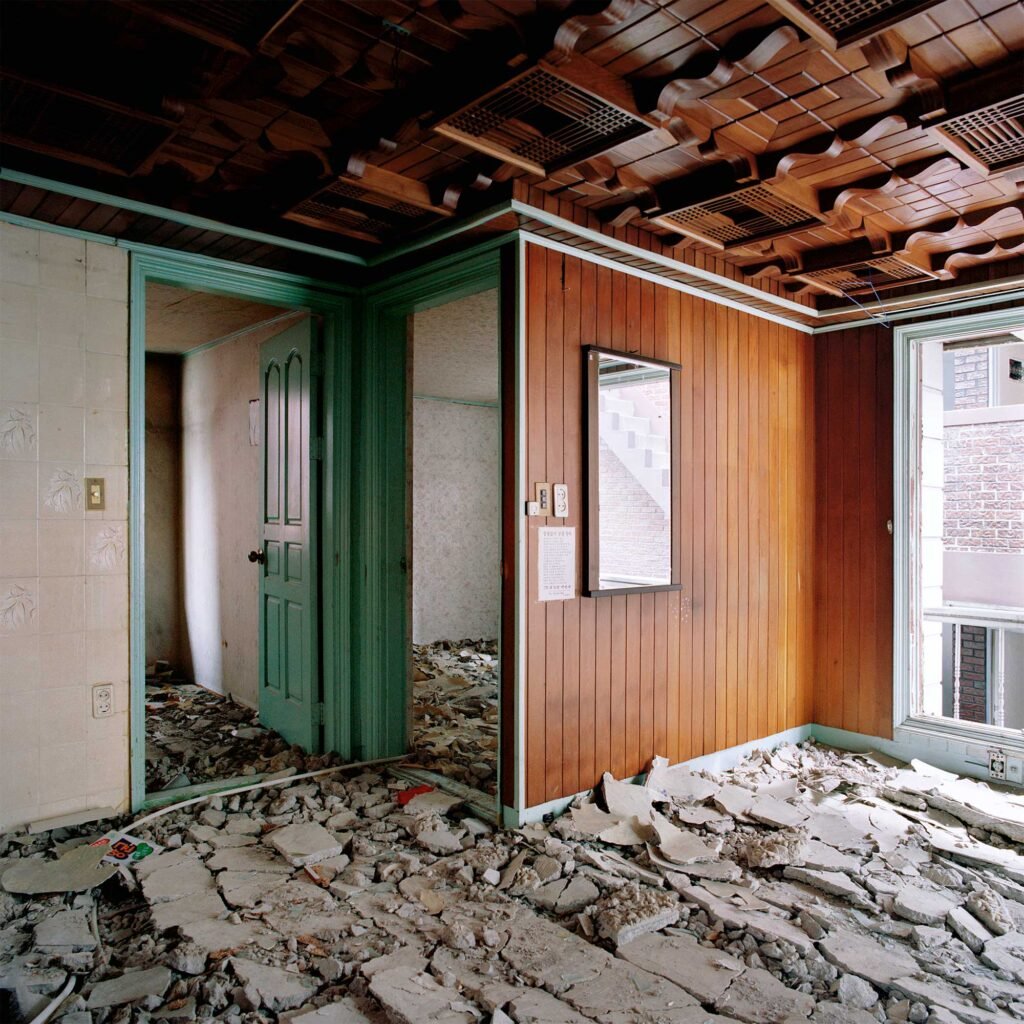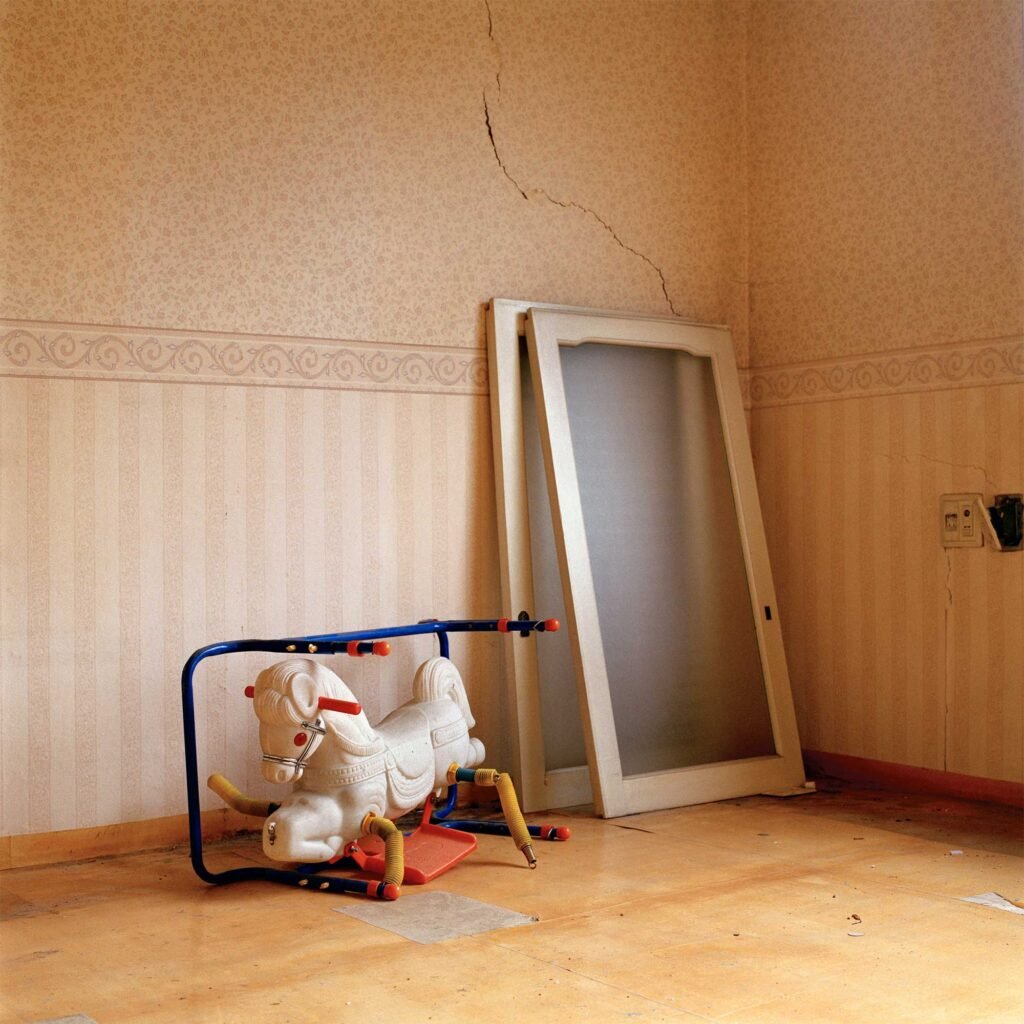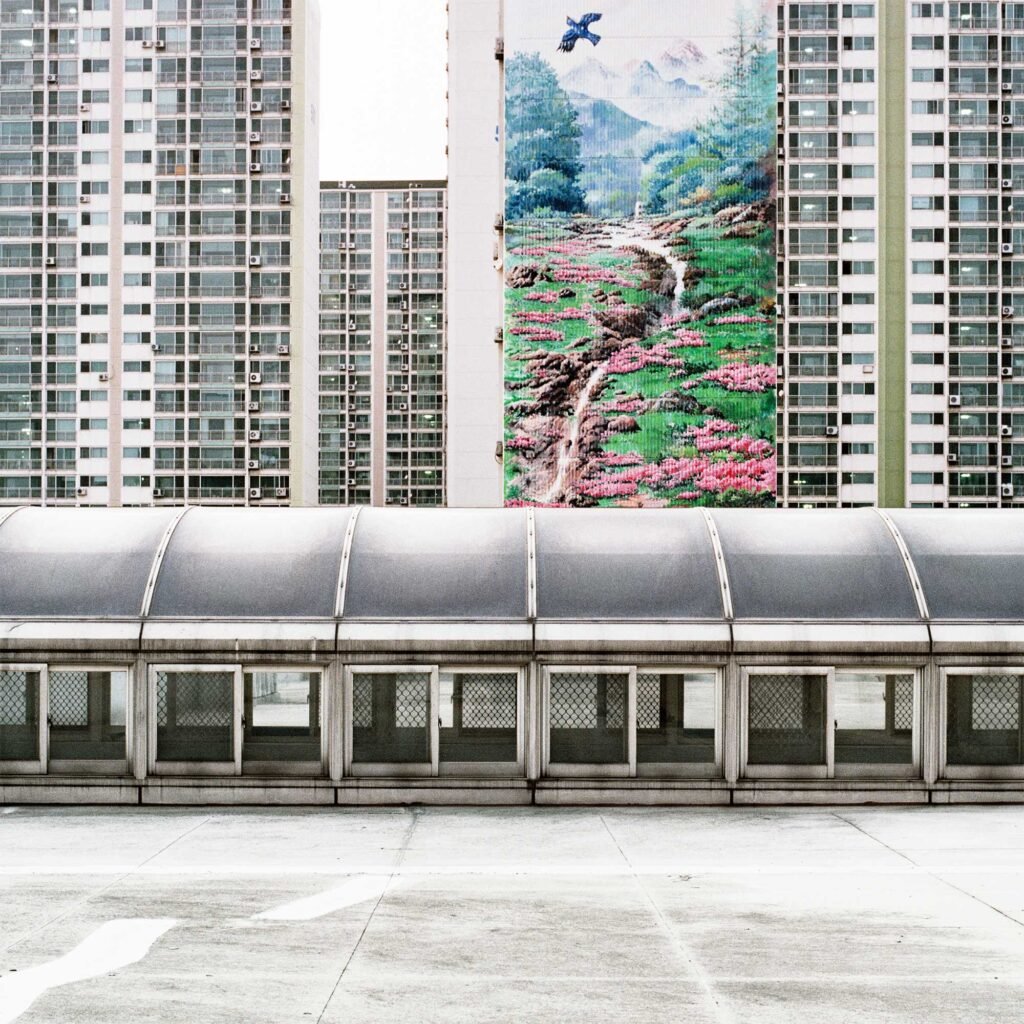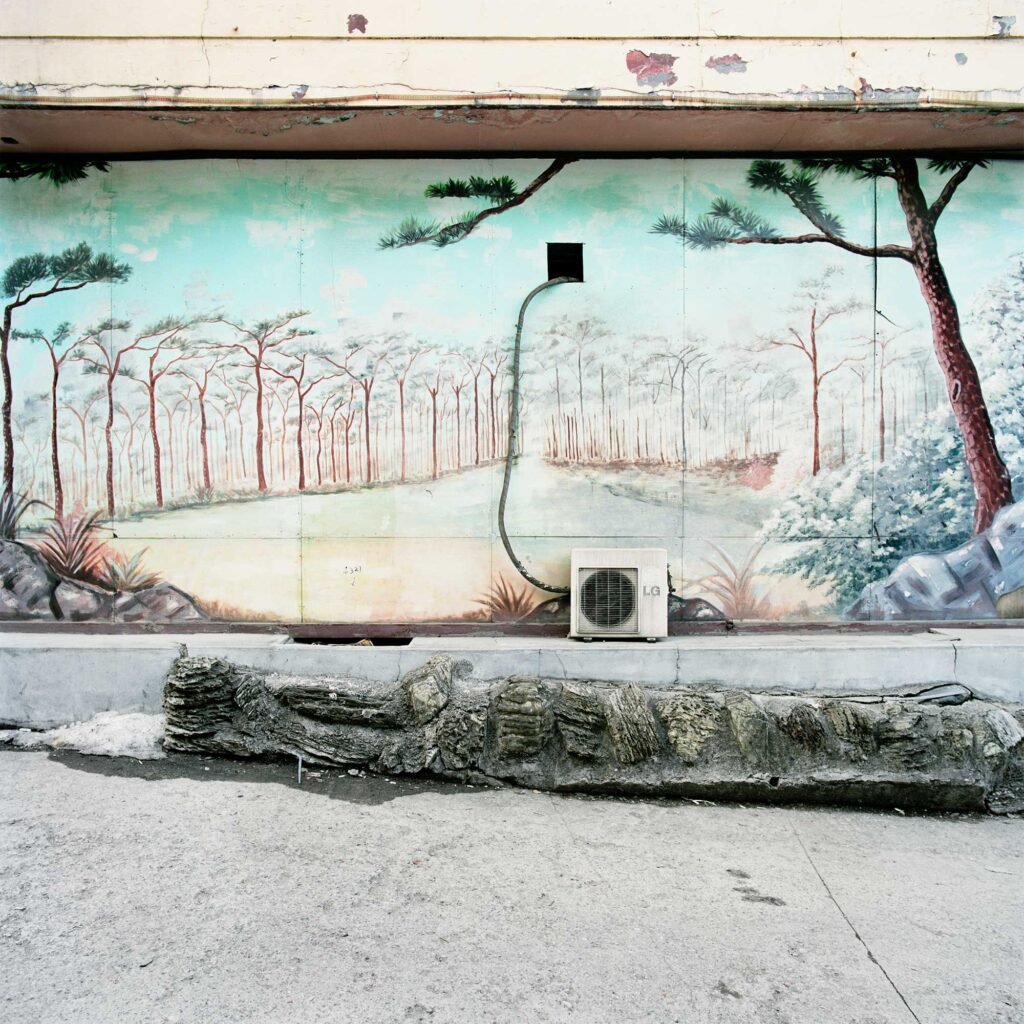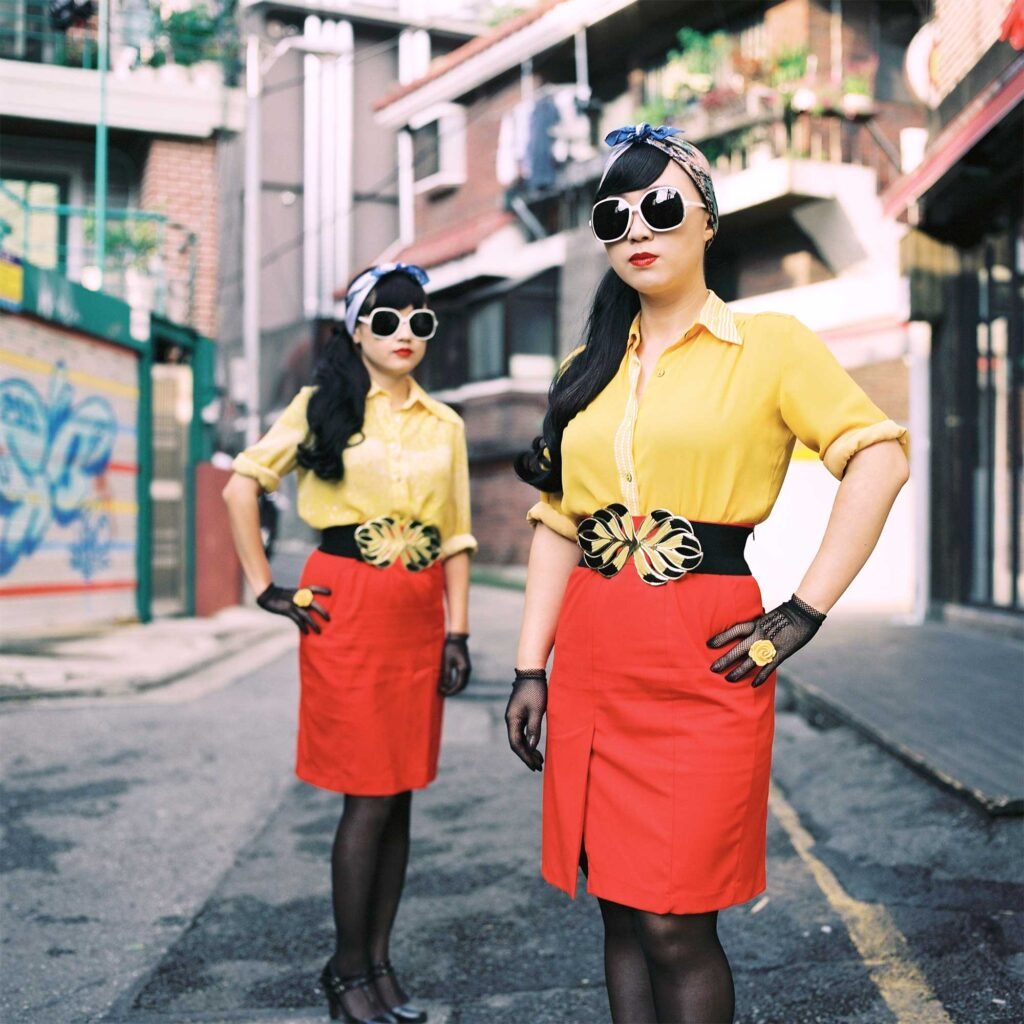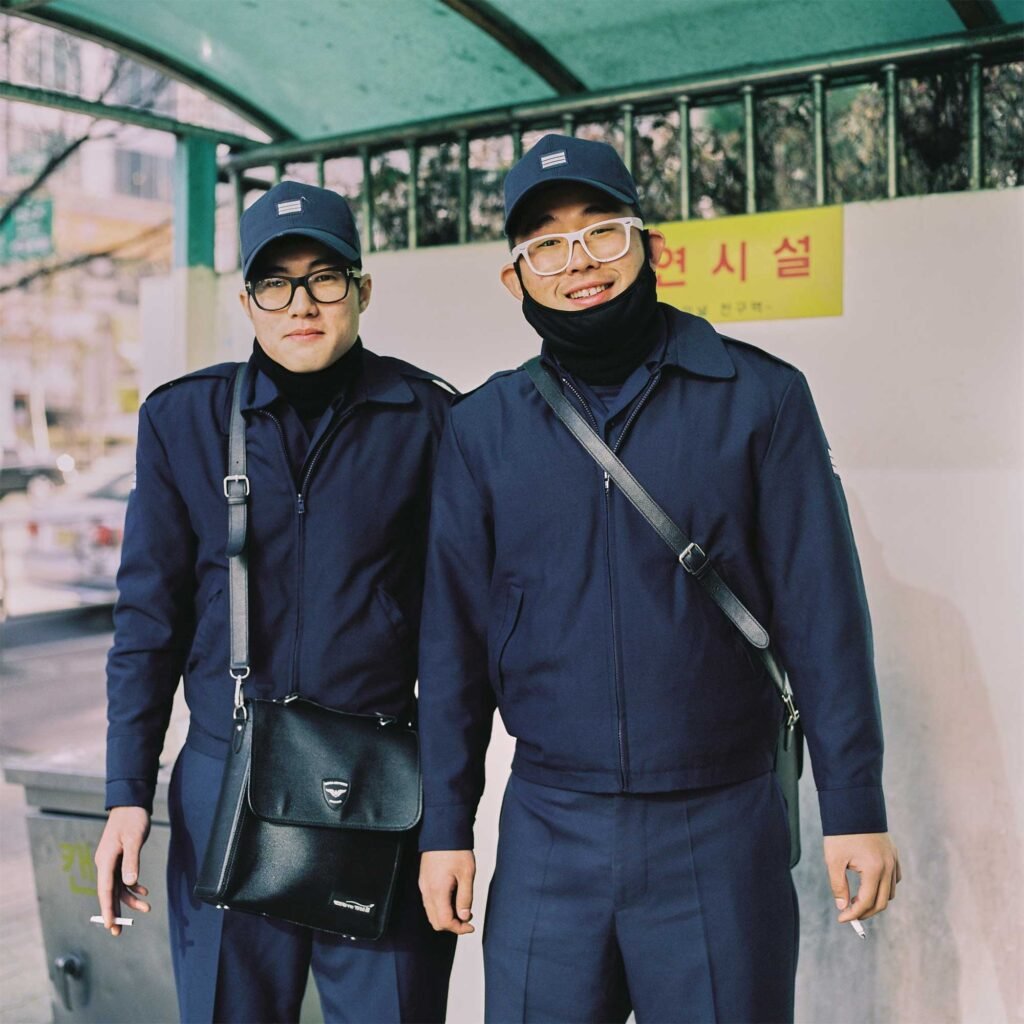Exploring Seoul’s Urban Landscape Through Photography in an exhibition at Korea University
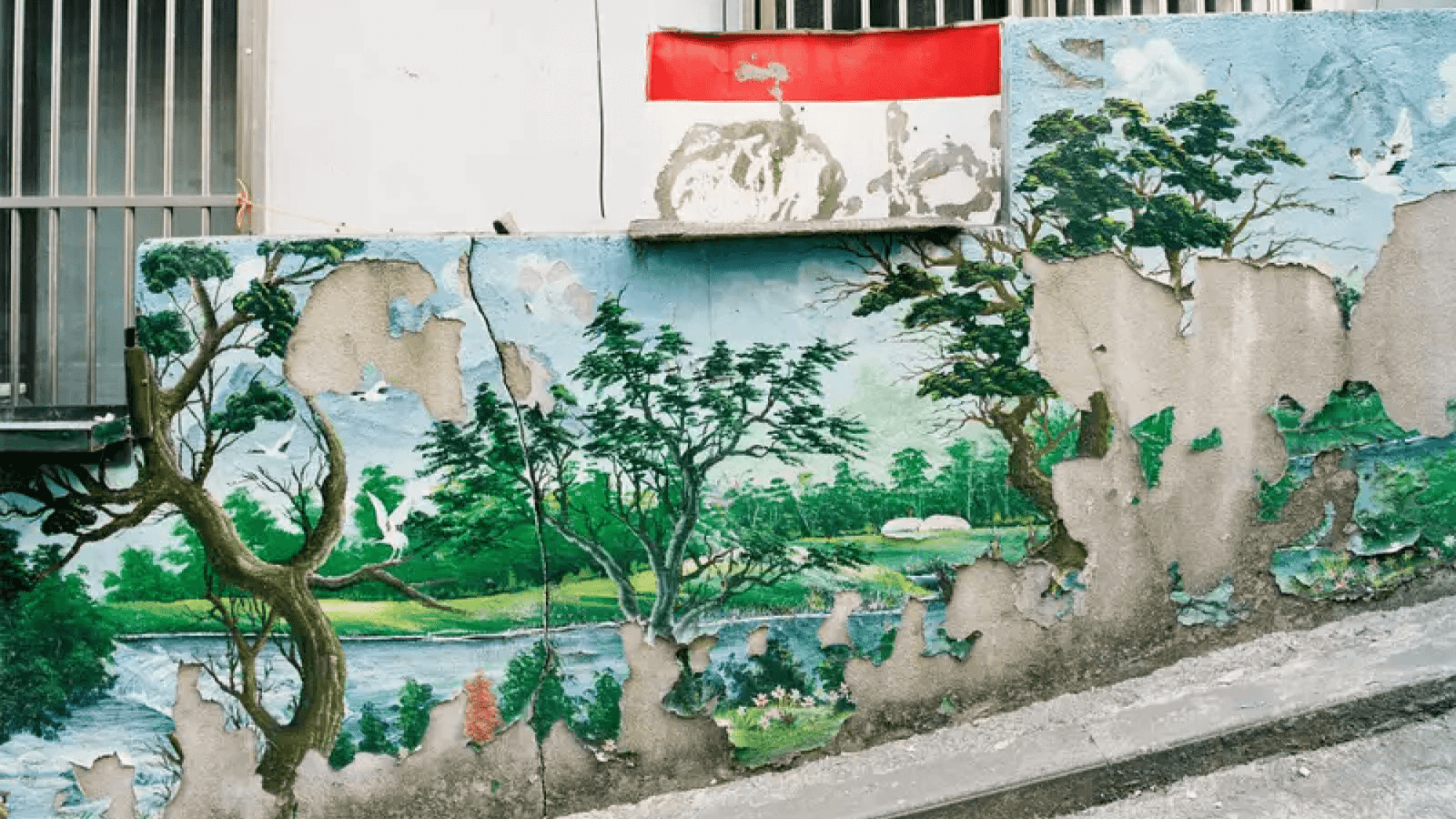
Korea University Exhibition by Nils Clauss
Korea University graciously invited Nils Clauss as a filmmaker and photographer on April 20, 2012, to present his exploration of the “Social and Urban Landscape of Seoul” through his captivating photography and film work. This presentation coincides with Clauss’ solo exhibition titled “SPACE & MEMORY,” hosted at Korea University until April 20, 6 PM.
The “Bang” Series: Unveiling Seoul’s Spatial Complexity
In his “Bang” series, Clauss delves into the intricate intertwining of public and private spaces within Korea. The term “Bang,” although translating simply to “room” in English, encapsulates a nuanced spatial concept in Korean culture. These spaces, often hidden behind closed doors, blur the lines between public spectacle and private intimacy. Clauss’s photographs offer an exterior perspective on buildings that house these ambiguous spaces, challenging Western spatial conventions.
The “Zugzwang” Series: Capturing the Impact of Urban Development
Clauss’s personal Zugzwang series exhibited first at the Topohaus Art Gallery in Seoul in April 2009. It explores the rapid urbanization of districts like Hukseokdong, Bangbaedong, and Sangwangsimnidong within Seoul. Through poignant imagery, Clauss portrays the struggles of inhabitants facing the relentless tide of apartment construction, emblematic of Korea’s evolving urban landscape.
The “Urban Nature” Series: Redefining Seoul’s Cityscape
Awarded the 1st prize in the European Prize of Architectural Photography in 2011, Clauss’s “Urban Nature” series confronts the consequences of rapid urbanization in Seoul and beyond. Rural spaces disappear as they are replaced by sprawling urban developments. Clauss captures the architectural remnants of this transformation, highlighting the evolving boundaries between urban and rural landscapes.
The “Double Portrait” Series: A Glimpse into South Korea’s Collective Identity
In his “Double Portrait” series, Clauss investigates the relationship between personal and collective identity in South Korea through the lens of uniforms. His photographs reflect on the cultural significance of uniforms in East Asian societies. Clauss offers a poignant commentary on conformity and individuality in South Korea’s vibrant urban milieu.
Conclusion: Experience Seoul Through Nils Clauss’s Lens
Nils Clauss’s photography offers a unique perspective on Seoul’s dynamic urban landscape. It invites viewers to contemplate the intersections of public and private spaces, the impact of urban development, and the nuances of collective identity. Don’t miss the opportunity to immerse yourself in Clauss’s evocative imagery at Korea University’s exhibition.
